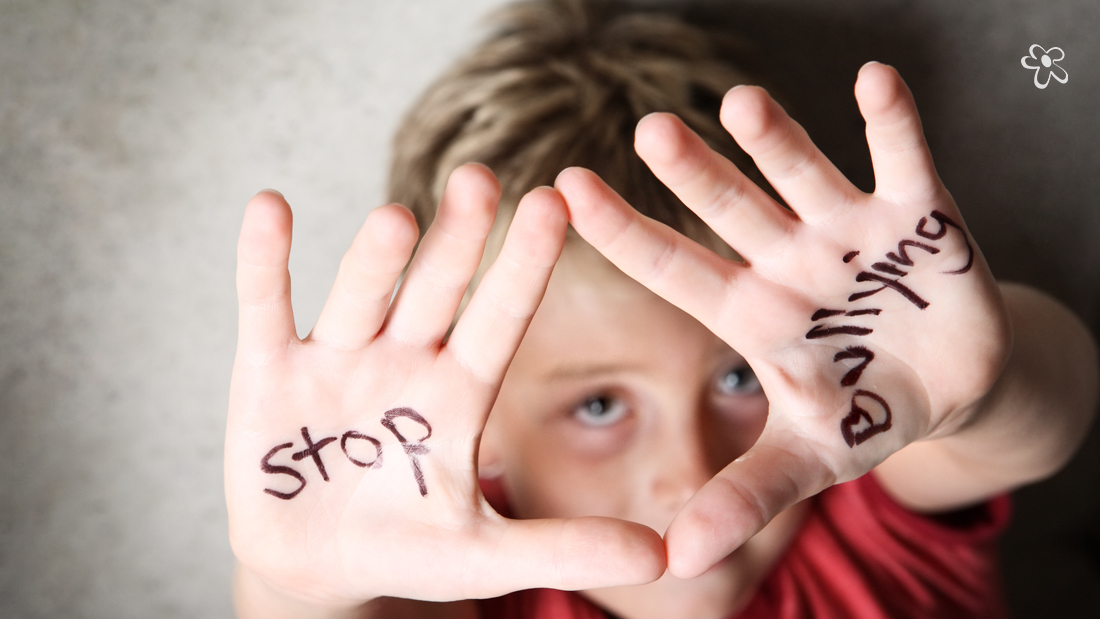October is National Bullying Prevention Month
What is Bullying? By now, you have probably heard about bullying, read stories about the effects of bullying, or have personal experience with bullying. But, how do you define bullying? What are the key factors that cause an action to be labeled bullying rather than just plain mean? For an action to be considered bullying – Stopbullying.gov reports that a few factors must occur:
- The behavior must be unwanted and aggressive
- The behavior is repeated over time
- There is an imbalance of power (e.g. physical strength, information, popularity)
Bullying includes behaviors such as threats, verbal remarks, physically aggressive behaviors, excluding someone intentionally, and spreading information about someone that is meant to be harmful. Depending on the severity of the bullying behaviors, the actions may be considered criminal, such as assault or hazing.
Where Does Bullying Occur?
Bullying can occur in a number of places, such as at school, in after school programs, or through social media outlets on the internet. Bullying can even occur within the home.Yes, bullying can occur between siblings and even within the parent-child relationship! But, the most common place that bullying is prevalent is within the school system, particularly in middle school. Bullying can also occur on the school bus, in the community, and through cyberbullying, which includes cell phones and online.
Is My Child Being Bullied or are They One Who Bullies?
Bullying occurs every day in classrooms all around the United States. Bullying does not discriminate. Every student in the United States has a decision to make based on what role they are going to play in relation to bullying behaviors. You may be asking yourself, what role does my child play? It is important, as adults, we teach children to not label one another. Therefore, it is important that we do not label them ourselves. We can speak about this issue by saying “The child who bullied or the child who was bullied”. By not labeling the child, we allow the child to understand that behaviors can change, we recognize that children play multiple roles in different bullying situations, and we recognize that there are other factors contributing to the behaviors. But, the roles children play in bullying are not limited to those who bully and those who are bullied. A child may also contribute to bullying behaviors by assisting the child who is bullying by encouraging or joining in. A child may also reinforce the child who is bullying by laughing at the behaviors, or they may remain separate from the situation where they are watching the behaviors, but not taking action. Lastly, a child may also defend the child who is being bullied.
What are the Warning Signs?
Bullying can cause many changes in children regardless of whether they are the child being bullied or they are the child who bullies. Not all children will ask for help, so it is important to know what changes to watch for in children. It is also important to note that not all kids will exhibit warning signs or exhibit these exact signs. Signs that a child may be experiencing bullying:
- Changes in sleep or eating habits (e.g. not sleeping, nightmares, sleeping too much, not eating lunch particularly at school, binge eating)
- Sudden change in socialization patterns – they have lost friendships or no longer are with their “regular” group
- Refusal to go to school or ride the bus
- Unexplainable injuries or loss of toys, clothing, or money
- Withdrawing or isolating behaviors
- Decline in grades or loss of interest in activities
- Irritableness and changes in mood
- Frequently complain of physical symptoms such as headaches and stomachaches
- Demonstrate behaviors that are self-destructive (e.g. running away, suicidal ideation, self-harm)
If your child is experiencing suicidal ideation, please call the National Suicide Prevention Lifeline at 1-800-273-TALK (8255). Signs that a child may be bullying other children:
- Physical or verbal fighting
- Increase in aggressive behaviors
- Frequently has detention or suspensions
- Unexplainable new items such as money or clothes
- Blames others for their issues
- Competitiveness and a preoccupation with their reputation
What Now?
If you suspect that your child is experiencing bullying in some manner, speak to your child. Listen and be proactive with the information you are given, but remember, not all children will disclose bullying behaviors. Providing an environment at home that nurtures your child’s self-confidence and self-esteem will increase their willingness to speak about issues they are facing. You may also want to practice assertiveness skills with your child, including how to advocate for themselves when seeking support. As a parent, it can be scary facing these challenges that children experience. You do not have to resolve the issues alone. Carolina Pediatric Therapy provides behavioral health services to support kids who experience a wide range of challenges, including bullying. Contact our office at 828.398.0043 or visit our website: wwwCarolinaPeds.com to obtain services from a licensed therapist. Stopbullying.gov also provides information on how to receive help for bullying. Click here to learn more.
Want to know how a Therapist can Help?
Call (828) 398 0043 or click on the schedule button.



